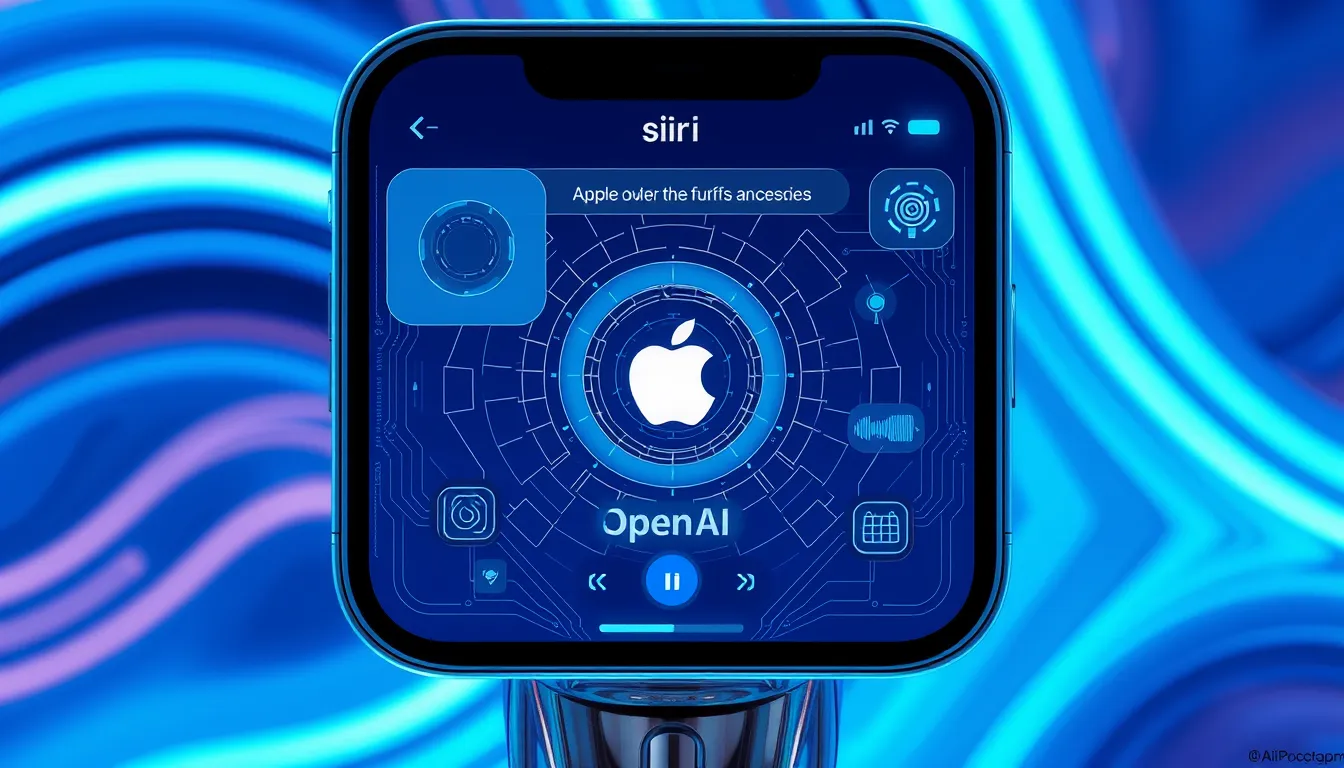Now Reading: Transforming Enterprise Work with AI Collaborators
-
01
Transforming Enterprise Work with AI Collaborators
Transforming Enterprise Work with AI Collaborators

Transforming Enterprise Work with AI Collaborators
The surge in artificial intelligence technology has ignited a transformation in enterprise work, evolving simple chatbots into sophisticated AI collaborators that actively enhance business operations. Leveraging cutting-edge machine learning in enterprise, these AI systems have moved beyond routine responses to become integral partners in strategic decision-making and operational excellence.
The Rise of Enterprise AI and Its Impact on Business Operations
In today’s fast-paced corporate environment, enterprise AI solutions are at the forefront of business innovation. Initially designed to manage routine customer queries with basic AI chatbots, modern AI systems now integrate deeply into core business functions. They not only respond to queries but also analyze complex data sets and forecast trends. For example, departments like marketing rely on advanced algorithms to interpret customer behaviors, while supply chain management benefits from predictive analytics. This evolution underscores how AI transforms enterprise work into a streamlined, efficient process.
How AI Transforms Enterprise Work
The heart of this transformation lies in the ability of AI to offload mundane, repetitive tasks. By automating tasks such as scheduling meetings, drafting reports, and even managing customer interactions, these systems free up human employees to engage in higher-level, creative activities. This shift towards digital assistance is fostering a work culture where digital tools and human expertise coexist symbiotically. Business leaders have observed that as AI collabs work alongside human teams, operational efficiency and overall productivity see significant improvements.
Key Points:
- AI agents enhance decision-making through real-time data analytics
- Increased operational efficiency by automating routine tasks
- Proactive systems that predict and respond to dynamic market needs
Integrating AI Agents in Business Operations
Integrating AI agents in business operations is not merely about automation; it’s about creating a dynamic collaboration between man and machine. Many organizations are now adopting advanced AI collaborative systems for enterprises to navigate the challenges of digital transformation. By embedding these intelligent systems into everyday workflows, businesses are witnessing a paradigm shift in how tasks are executed.
For instance, enterprise AI technologies enable teams to anticipate market trends and prepare strategies accordingly, ensuring that enterprises stay competitive in a rapidly evolving digital landscape.
Furthermore, the integration of AI agents stimulates innovation by encouraging iterative learning. As these systems interact and learn from each engagement, their accuracy and contextual understanding improve over time. Companies like IBM have been pioneers in such innovations. For more in-depth insights, you can explore IBM’s AI initiatives.
Advantages of Advanced AI Collaborative Systems for Enterprises
- Enhanced Operational Efficiency: AI for operational efficiency allows organizations to manage resources better by automating mundane tasks, thus reducing human error and saving valuable time.
- Strategic Decision-Making: With the power of machine learning in enterprise, AI systems analyze vast data sets to provide actionable insights, enabling more strategic business decisions.
- Improved Customer Interactions: Intelligent AI chatbots no longer serve as mere information responders. They engage customers with personalized interactions, which can lead to increased satisfaction and loyalty.
- Continuous Learning and Adaptation: As AI systems continue to learn from interactions, they become more adept at handling complex operational challenges, ensuring that the business remains agile and responsive to market changes.
Overcoming Challenges and Future Prospects
While the transformative power of enterprise AI is clear, integrating AI collaborators into business operations does come with challenges. Organizations need to address issues related to data security, privacy, and the initial costs of implementation. Nonetheless, as technology evolves, these challenges are being mitigated by more robust security protocols and scalable solutions.
Moreover, the future of enterprise AI looks promising. Researchers and developers are continuously working on refining AI models. The goal is not only to create AI systems that react swiftly to emerging issues but also to empower them with proactive capabilities. This ensures that businesses can anticipate disruptions and seize opportunities before competitors.
Conclusion
The transformation from basic chatbots to sophisticated AI collaborators marks a monumental shift in enterprise work. By embracing these cutting-edge solutions, organizations streamline processes, reduce operational overheads, and foster an innovative work culture. The integration of enterprise AI and AI collaborators drives efficiency, enhances decision-making, and ultimately contributes to a sustainable competitive advantage in an increasingly digital world.
As enterprises continue to integrate these technologies, the collaborative synergy between human teams and AI will not only redefine traditional work environments but also pave the way for a more agile, informed, and dynamic future. Embracing this change is crucial for any business aiming to thrive in the modern digital era.

























